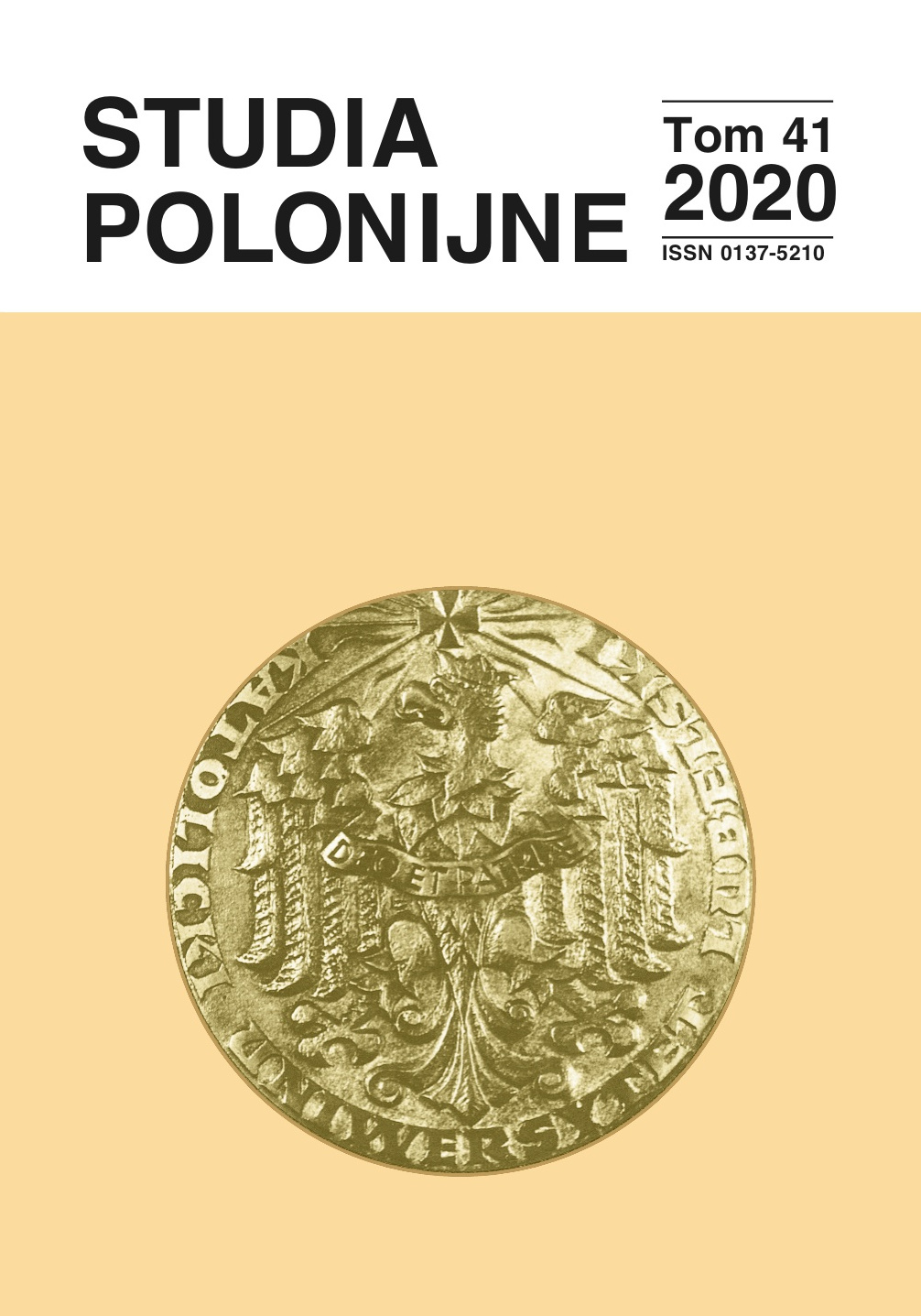Polskie teatry amatorskie w Wilnie w drugiej połowie XX wieku – powstanie i działalność
Polish Amateur Theatres in Vilnius in the Second Half of the 20th Century – Their Creation and Activity
Author(s): Katarzyna Stukus-HaníkSubject(s): Social Sciences, Sociology, Migration Studies
Published by: Towarzystwo Naukowe KUL & Katolicki Uniwersytet Lubelski Jana Pawła II
Keywords: Polish minority in Lithuania; amateur theatres; system changes; Polish–Lithuanian cooperation
Summary/Abstract: The beginnings of Polish theatre activity in Vilnius were connected with the Jesuit Order. Initiated by the order, the theatre activity developed in the estates of the nobility. Wojciech Bogusławski was credited with being the father of the Polish theatre as he established the first real theatre in Vilnus. It had existed in such a form for less than 100 years to be revived in 1905 by Władysław Tyszkiewicz. The following years saw the building a permanent theatre as well as the further developement of the Vilnus stage which was continued despite the World War II and the first years of post-war times which only weakened it a bit.The main topic of the article is the establishment and activity of two Polish amateur theatres in Vilnus. The first of them was the Polish Theatre Studio (the former Polish Dramatic Ensemble) set up at the beginnning of the 1960s by a physician, Janina Strużanowska. While the second one established at the same time was the Polish Theatrical Ensemble on the premises of the Railway Culture Palace, later known as the Polish Theatre in Vilnius. It was set up by a professional actress, Irena Rymowicz. The existance and work of the theatre ensembles was especially important in the times when Lithuania was under the Soviet rule. The authorities greatly limited contacts between Lithuanian Poles and the mother country. As a result the Poles longing for Polish language eagerly came to see the performances presented by the ensembles. Their popularity did not decrease after the political changes in 1991; on the contrary, it even grew. New opportunities for development.With a view to supporting the developing Polish theatre movement, school theatres started to appear. In the 1990s, they were in almost every Polish school in Vilnius being of great interest for the students.The final date of the presented subject matter was assumed to be 2004 when Poland and Lithuania together with other countries joined the European Union. Some laws and standards changed, and this requires further research.
Journal: Studia Polonijne
- Issue Year: 2020
- Issue No: 41
- Page Range: 267-286
- Page Count: 20
- Language: Polish

